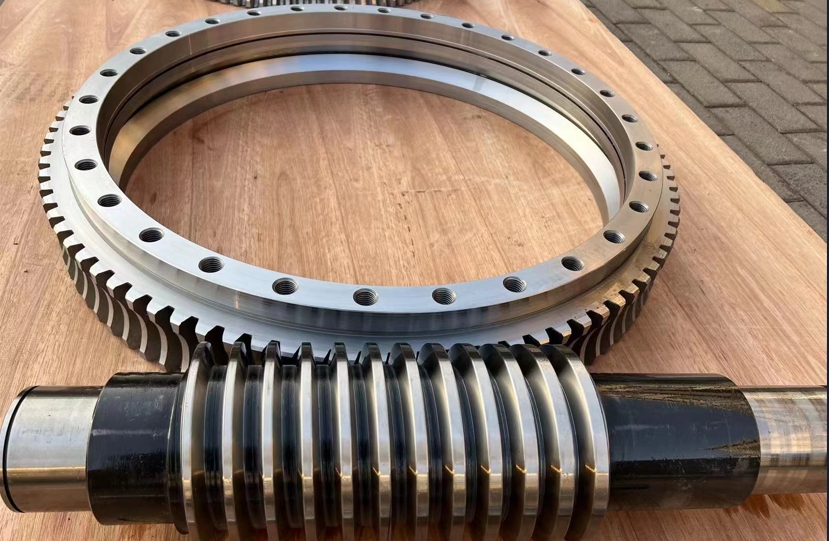Worm gears are integral components in mechanical systems, renowned for their unique ability to provide high torque and precise motion control. The manufacturing of worm gears involves intricate processes to ensure their effectiveness and versatility in various applications. Here’s a look at what makes worm gear manufacturing crucial for achieving precision and versatility:
1. Precision Engineering
Worm gears are designed to convert rotational motion and torque between non-intersecting shafts at a 90-degree angle. Precision in worm gear manufacturing is essential to achieve smooth and efficient operation. High-accuracy machining techniques, such as CNC milling and grinding, are employed to produce gears with exacting tolerances and surface finishes. This precision ensures minimal backlash, smooth engagement, and reliable performance in demanding applications.
2. Material Selection
Choosing the right materials is critical for the durability and efficiency of worm gears. Manufacturers often use high-quality metals such as alloy steels, bronze, or brass, which offer superior strength and wear resistance. Advanced materials and coatings can also be utilized to enhance performance, reduce friction, and extend the lifespan of the gears.
3. Customization and Versatility
Worm gears are known for their versatility in providing different gear ratios and configurations. Manufacturers can customize worm gears to meet specific application requirements, including varying sizes, pitches, and materials. Thisthem adaptability makes suitable for a wide range of industries, from robotics and automotive systems to conveyor systems and industrial machinery.
4. Heat Treatment and Surface Finishing
Heat treatment processes, such as carburizing or quenching, are applied to worm gears to improve their hardness and strength. Surface finishing techniques, including polishing and coating, are used to enhance performance by reducing friction and wear. These treatments ensure that worm gears can withstand high loads and operate smoothly over extended periods.
5. Quality Control
Rigorous quality control measures are implemented throughout the manufacturing process to ensure that worm gears meet industry standards and specifications. This includes detailed inspections, testing for accuracy, and verification of material properties. By maintaining high-quality standards, manufacturers can guarantee the reliability and performance of their worm gears.
In summary, worm gear manufacturing is a specialized field that combines precision engineering, material science, and advanced manufacturing techniques to produce versatile and high-performance gears. By focusing on these key aspects, manufacturers ensure that worm gears deliver exceptional performance and reliability across a wide range of applications.
Post time: Aug-16-2024





